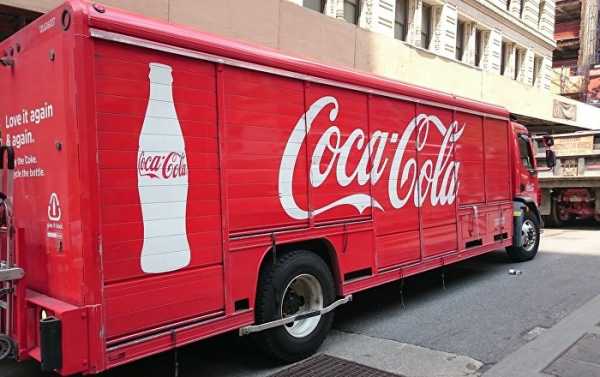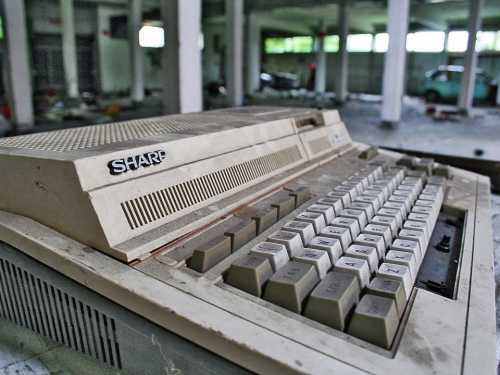
Global drinks giant Coco-Cola is the latest company to announce it will use blockchain technology to help tackle modern slavery in its supply chain. The firm is partnering with the US State Department and three crypto organizations for its pilot project.
It’s not just NGO’s charities and governments fighting the scourge of human trafficking and modern slavery, the tech industry is also taking up the mantle and blockchain has been described as a “game changer” when it comes to tackling slavery in supply chains and Coca-Cola want in.
The drinks company says it’s been looking into blockchain projects for over a year after a recent study by KnowTheChain said Coca-Cola has committed to look at 28 countries to check for child labor, forced labor and land rights for its sugar supply chains by 2020.
Brent Wilton, the company’s global head of workplace rights, said in an email to Reuters, “We are partnering with the pilot of this project to further increase transparency and efficiency of the verification process related to labor policies within our supply chain.”
‘Moral Responsibility’
In the US, legislation such as the California Transparency in Supply Chains Act and the amendment to the US Tariff Act in February 2016 reflects the seriousness of slavery in supply chains across the world. Meanwhile the UK passed the Modern Slavery Act in 2015, a bill described as a ‘first of its kind’, requiring businesses with an annual turnover of £36 million a year show what steps it is taking to remove modern slavery from its supply chain and produce a signed statement at the end of each financial year.
“Companies have a moral responsibility of ensuring that no slavery has been used in producing the products they sell. This should apply not only to goods produced in their own factories but also to their suppliers, and suppliers of their supplies, all the way down the supply chain,” charity Anti-Slavery states. According to the International Labor Organization, 25 million people work in modern slavery conditions worldwide; almost 50 percent of them are in the Asia-Pacific region.
Blockchain vs Modern Slavery
Blockchain technology enables greater transparency in supply chains by recording, tracking and holding data in a chain that can’t be deleted or tampered with and serves as a permanent record of transactions.
Slavefreetrade is the first non-profit organization in the world to use blockchain technology. “The bow in our blockchain arsenal is our end-to-end supply chain product provenance tracking dapp, built on the Etherium blockchain,” a blog written by Brian Iselin for slavefreetrade states. “The related arrows in our quiver include dapps for digital identity, consumer information, retail and business connections, finding suppliers, verification processes and more,” he adds.
Built initially to enable crypto financial transactions online, the technology can be used to “record, track, and verify transactions of virtually anything that holds value,” Islin explains in his description of how blockchain works.
‘Fourth Industrial Revolution’
In a recent interview with Sputnik about the rise of technology in the fashion industry, Muchaneta Kapfunde, founding editor in chief at FashNerd.com predicted blockchain technology will rise in influence on the fashion industry and help make sweatshops obsolete.
“Imagine being able to trace your product from where it started production by just scanning a barcode?” Kapfunde told Sputnik. “I do see a future like that, it’s the fourth industrial revolution and consumers are demanding changes; they have no idea the power they yield if they use it.”
According to slavefreetrade, blockchain can help eradicate slavery in supply chains by offering enhanced transparency, greater scalability, immutable records and more innovation.
Sourse: sputniknews.com






